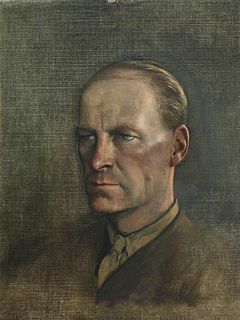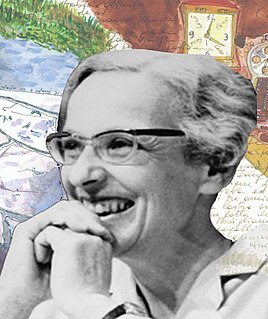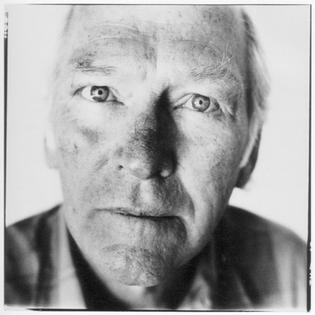A Quote by Robert Smithson
Words for mental processes are all derived from physical things.
Related Quotes
Some say that everything that is called a psychical law is nothing but the psychological reflex of physical combinations, which is made up of sensations joined to certain central cerebral processes... It is contradicted by the fact of consciousness itself, which cannot possibly be derived from any physical qualities of material molecules or atoms.
Practice giving things away, not just things you don't care about, but things you do like. Remember, it is not the size of a gift, it is its quality and the amount of mental attachment you overcome that count. So don't bankrupt yourself on a momentary positive impulse, only to regret it later. Give thought to giving. Give small things, carefully, and observe the mental processes going along with the act of releasing the little thing you liked.
It must be pointed out, however, that strictly speaking it is incorrect to talk of the dominance of the pleasure principle over the course of mental processes. If such a dominance existed, the immense majority of our mental processes would have to be accompanied by pleasure or to lead to pleasure, whereas universal experience completely contradicts any such conclusion.
All things are created twice. There is a mental (first) creation, and a physical (second) creation. The physical creation follows the mental, just as a building follows a blueprint. If you don't make a conscious effort to visualize who you are and what you want in life, then you empower other people and circumstances to shape you and your life by default.
For sure, with golf it's not a physically demanding sport like tennis. That's what makes tennis great - you combine both things. It's a very mental sport and at the same time can be dramatically physical. But I do admire the mentality of sport more than the physicality because physical performance is much easier to practice than mental performance.
One of the most extraordinary things about industrial society of the present day is its idiot lack of memory. Tabloids and movies take the place of mental processes and revolts, crimes, despairs pass off in a dribble of vague words and rubber stamp phrases without leaving a scratch on the mind of the driven instalment-paying, subway-packing mass.






































